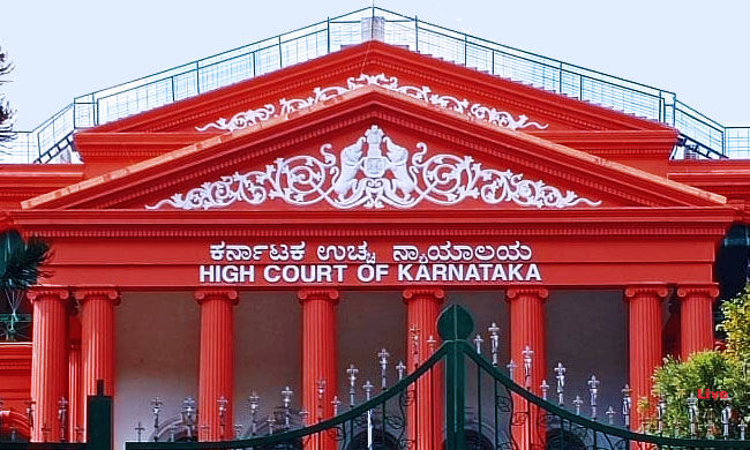Arham Jain
On 21st January 2025, the Karnataka High Court set aside the suspension order of a Karnataka State Transport (KST) constable, who was penalized after a video of him sleeping on duty went viral on social media in the case of Chandrashekhar v. The Division Controller, Disciplinary Authority, KKRTC. The Bench comprising of Justice M. Nagaprasanna recognized that the constable was compelled to work excessive hours due to staff shortages, found the disciplinary action unjustified and ordered his reinstatement with salary for the suspension period.
The case involved Chandrashekhar, a 33-year-old constable with the Kalyan Karnataka Road Transport Corporation (KKRTC), who was suspended in July 2024 for allegedly bringing disrepute to the organization after footage of him sleeping during duty surfaced online. However, in his defense, Chandrashekhar contended that he had been working double shifts for nearly two months, due to a staff shortage, which left him exhausted and sleep-deprived. He also informed the Court that he had consumed medication prescribed by a doctor, which contributed to his drowsiness.
Justice M. Nagaprasanna, while delivering the ruling, observed that overburdening employees beyond their physical limits could inevitably lead to fatigue and involuntary sleep. Recognizing sleep as a fundamental necessity, the Court remarked, “It is trite, if a person is asked to overwork than his capacity, the body sometimes makes the said person to sleep, as sleep and work-life balance is what is necessary today. It may be a constable today, tomorrow it can be anybody. Depriving sleep to any human being, will lead to falling asleep anywhere.”
The Court further emphasized that the right to rest and leisure is an internationally recognized principle, citing Article 24 of the Universal Declaration of Human Rights (UDHR), 1948, which affirms that “everyone has the right to rest and leisure, including reasonable limitation of working hours and periodic holidays with pay.” Highlighting global labor standards, the judgment pointed out that work hours should ideally be capped at 48 hours per week and 8 hours per day, barring exceptional circumstances.
Justice Nagaprasanna also referred to precedents set by the Calcutta and Uttarakhand High Courts, which have underscored the importance of periodic rest and sleep in ensuring worker well-being.
The Court concluded that Chandrashekhar’s suspension was arbitrary and lacked bona fides, placing the blame squarely on the transport corporation’s failure to address workforce shortages. It noted that had the constable slept while working a standard shift, disciplinary action could have been warranted. However, in this case, he had been made to work 16-hour shifts for 60 consecutive days without a break, which made the employer responsible for his condition. The ruling stated, “Therefore, the action of the respondent placing the petitioner under suspension for the folly of the respondent, is undoubtedly an action which suffers from want of bonafides, the order is thus rendered unsustainable and is to be obliterated.”
With this ruling, the Karnataka High Court has reinforced the principle that excessive working hours without adequate rest can severely impact worker efficiency and well-being, setting a crucial precedent for labor rights and humane employment practices.
Advocates Ravi Hegde and Vinay Kumar Bhat represented the petitioner constable, while Advocate Prashant S. Hosmani appeared for the disciplinary authority of KKRTC.
Case Name: Chandrashekhar v. The Division Controller, Disciplinary Authority, KKRTC
Case Number.: Writ Petition No. 106142 of 2024
Bench: Hon’ble Justice M. Nagaprasanna
Click here to access the order
Instagram: Click here.
LinkedIn: Click here.
For Collaboration and Business: info.desikaanoon@gmail.com

